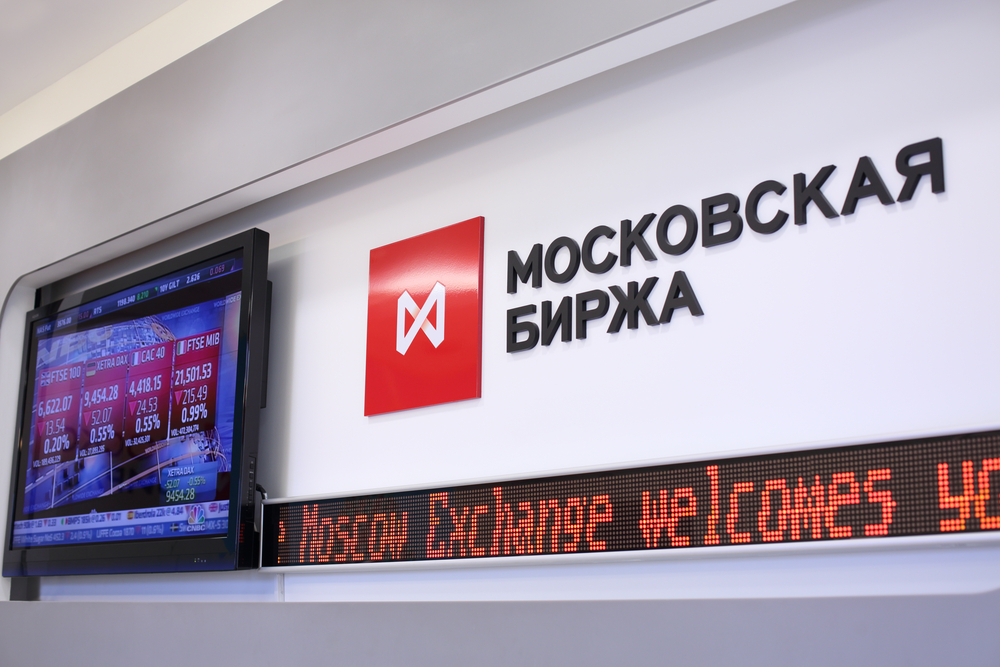The National Settlement Depository (NSD) of Russia, an organization providing settlement services for securities on the Russian and international markets, announced today the completion of a blockchain-based e-proxy voting system.
The new platform was built using the NXT cryptocurrency blockchain framework and uses the ISO 20022 messaging standard for its communications. According to the release, the e-proxy voting system was developed in collaboration with London-based distributed ledger solutions developer DSX Technologies, which also has a branch in Saint-Petersburg, Russia.
The project began in august of 2014, when the NSD started looking into e-proxy voting as a means of streamlining the exchange of information between securities issuers and holders. In April of this year, a blockchain prototype was successfully tested.
Chairman of the Executive Board of NSD, Eddie Astanin, said in the press release that fintech innovations over the past few years have put pressure on Russian government agencies to keep up, “It is obvious for us that ignoring the rapid development of FinTech and upgrading the outdated platforms could hinder the stable development of the Russian financial system.” he adds.
Following the successful tests of the e-voting system, Astanin explained that the technology may now be used in “other business areas of NSD.”
The e-proxy voting system works by allowing securities holders to vote from their own accounts using their digital signatures (cryptographic keys), which are then recorded into a distributed ledger by nominee NSD accounts, who use their own digital signatures:
“To confirm that the vote has been received, the nominee provides the securities holder with the identification number that has been assigned to their vote in the distributed database. Afterwards, the record of the vote is passed on from one nominee to another until it reaches the central securities depository.”
The system ensures transparency during all stages of the voting process and all information is accessible by all participants in the network.
IT Director at NSD, Sergey Putyatinskiy, explained that it took four months to built a prototype of the e-voting system and that a speed of 80 votes per second was achieved during testing sessions, “Our next step would be to subject our new prototype to legal and cryptographic expert evaluation, which will give us a more definite idea whether the prototype is suited for real voting.” he added.
Image credit: 1
If you liked this article follow us on Twitter @themerklenews and make sure to subscribe to our newsletter to receive the latest bitcoin and altcoin price analysis and the latest cryptocurrency news.

